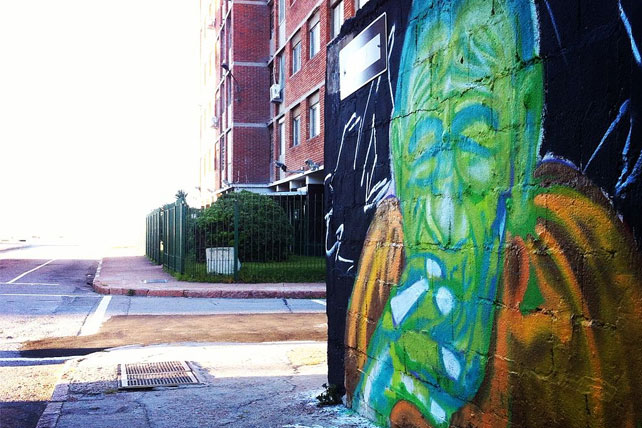Business is everywhere. I have always been fascinated with the concept of Business ever since I was a young boy: I used to sell snacks and drinks in secondary school for pocket money. Five cookies are bought for £1, with each one then sold for 50p, giving me a revenue of £2.50 and a profit of £1.50. I had to be witty with the minimal pocket money I received, and worked to build a self-sustaining income at school so I wouldn’t have to ask my mother for extra lunch or pocket money.
To this day I continue to apply my business skills, running a car wash company at 28. I have always hustled to make things happen, and for a while, this included cannabis.
My resume
For 8 years, from 2011-2019 I ran an illegal cannabis business in England. I had friends who smoked cannabis in secondary school and also knew a few people who sold cannabis on a small scale. I was not actually interested in cannabis at all because of the stigma instilled in me by my mother and wider society, I simply viewed cannabis as an illegal drug to stay away from. However, I understood its business opportunity, and took advantage of it.
In business, the greatest ideas run off a demand for a product or service. In my situation, like any entrepreneur, I analysed cannabis’ demand, its profitability, but also the life situation I was in: I am the oldest child of my family, supported by a single Mom working too hard to make ends meet.
Many people, especially young men, don’t get the opportunity for their business acumen, hustle and skills to be acknowledged because of the illegal status of their products. Unsurprisingly, there’s almost no research or literature into the business skills or entrepreneurial drive of drug sellers, when they must overcome barriers and supply challenges that many others would struggle to overcome. Their skills are immediately dismissed due to the supposed lack of “ethics” or immorality of their products, and therefore themselves.

Good business is ignored
What’s particularly evil is that when a previously illegal cannabis seller tries to set up a legitimate business, they face legal challenges that prevent any positive solutions. Take Joshua Weitz: an ambitious man who sought to open his own legal cannabis business in California. However, a past criminal conviction for cannabis possession meant he was unable to pursue this dream. Confusingly, a cannabis-related conviction specifically prevented him from opening a cannabis business. Weitz, who used to sell cannabis when he was younger, is prevented from applying the business skills, product, consumer and market knowledge to what he knows best. For a world so concerned with efficient consumer markets, this seems like a waste of time and motivation.
When interviewed, Weitz said it best: “The irony of me is that we’re going to keep out everybody who has been convicted of transporting or selling narcotics from the business of transporting and selling narcotics”.
I never branched past cannabis selling because of the lengthy prison sentences class A drugs entail. Nonetheless, I was still quite successful, bringing in £1,000 a day sometimes, a number many didn’t think you could make just from selling this substance.
A good business mind and model made this possible. As beautifully described in Petter Gottschalk’s book, “Entrepreneurship and Organised Crime: Entrepreneurs in Illegal Business”, an entrepreneurial leadership style within drugs entails of the entrepreneur setting up a physical logistics system where each individual has a limited and a predefined role. A stellar customer service alongside a good quality product meant I had a loyal and repeat consumer base. A trusted, reliable and positive relationship with my supplier ensured I could get large amounts of Cannabis on credit, freeing up cash flow. How is this different to any other business?
We’ve lost great minds to criminalisation
The truth is we have lost a number of great business minds due to the illegal label of drugs, whether they were imprisoned or lost their confidence due to stigma. Despite being an advocate for government regulation on drugs, I vehemently believe that punitive measures against private drug dealers for simply leveraging their entrepreneurial spirit to run a business is not the way forward.
I hope we can move to a future where the Government forms partnerships with private sellers, ensuring drugs are appropriately regulated and tested, so that both private and public sellers can profit from a legal arrangement.
Release is one of the few organisations that envision and work towards that goal, as evidenced in their “Regulating Right, Repairing Wrongs”. They present guiding principles to prepare for the eventual legal regulation of cannabis in the UK. These principles are designed to ensure that the same people who are locked up by punitive drug policies are not locked out of the legal market, and that cannabis reform is an opportunity to repair historic injustices caused by their illegal past.
I believe this is a logical step to take, rather than continuing to overly punish drug sellers and waste taxpayers’ money on imprisoning sellers. The “war on drugs” needs to end to make sure we can provide people with a legal path to explore the skills they’re best at, without destroying their lives.


